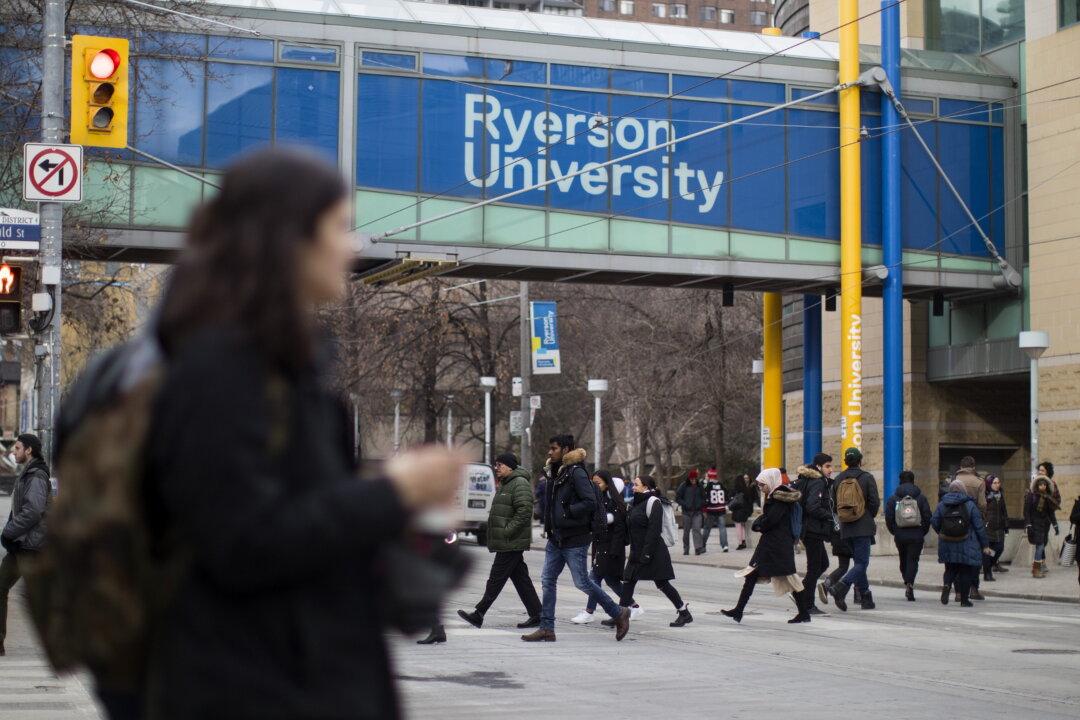Commentary
The case of Ryerson University student Jonathan Bradley is yet another example of the erosion of academic freedom and free speech at universities.

The case of Ryerson University student Jonathan Bradley is yet another example of the erosion of academic freedom and free speech at universities.